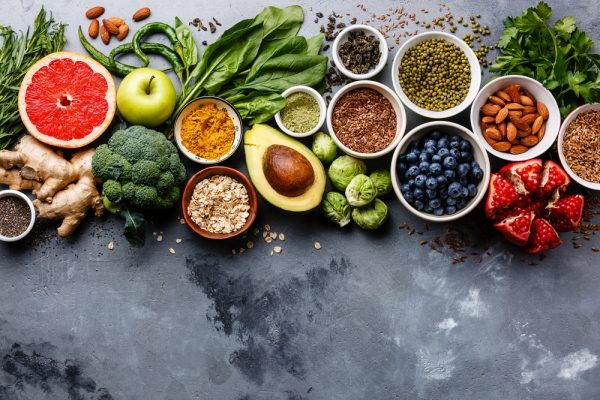

The Importance of a Proper Diet for Maintaining Oral Health
When it comes to maintaining good oral health, most people think of brushing and flossing as the primary ways to prevent cavities and gum disease. However, diet also plays a crucial role in keeping your teeth and gums healthy. The food you eat affects your overall health, including your oral health. Eating a balanced and nutritious diet can help prevent dental problems such as cavities and gum disease.
Our Staten Island dentists provide some guidance on tooth-healthy foods vs. foods that may impact your dental health when overconsumed.
The Best Foods to Eat
Eating a diet that’s rich in nutrients and vitamins can help keep your teeth and gums healthy. Some of the foods that are best for your oral health include:
- Fruits and Vegetables: Eating fruits and vegetables provides your body with essential vitamins and minerals that help strengthen your teeth and gums. Apples, carrots, and celery are particularly beneficial as they can help clean your teeth and gums by stimulating the production of saliva.
- Dairy Products: Dairy products such as milk, cheese, and yogurt are rich in calcium, which is essential for building strong teeth and bones.
- Lean Protein: Foods high in lean protein, such as chicken and fish, can help promote healthy teeth and gums. They contain phosphorus, which is essential for strengthening tooth enamel.
- Water: Drinking plenty of water helps to rinse away food particles and bacteria that can cause cavities and gum disease. It also helps to keep your mouth hydrated and stimulates the production of saliva, which can help prevent tooth decay.
Foods to Avoid
While some foods can help promote good oral health, others can harm your teeth and gums. Here are some of the foods that you should avoid or limit:
- Sugary and Starchy Foods: Foods high in sugar and starch can promote the growth of bacteria in your mouth, leading to tooth decay and gum disease. Avoid or limit foods such as candy, cookies, soda, and other sugary drinks.
- Acidic Foods: Foods high in acid, such as citrus fruits and tomatoes, can erode tooth enamel over time. While these foods are healthy, it’s important to consume them in moderation and rinse your mouth with water afterward.
- Sticky Foods: Sticky Foods, such as dried fruit and caramel, can stick to your teeth and promote the growth of bacteria. It’s important to brush and floss after eating sticky foods.
- Hard Foods: Hard Foods, such as ice and hard candy, can cause damage to your teeth and gums if you bite down too hard. Avoid biting down on hard foods, and if you do, be careful not to damage your teeth or gums.
Frequently Asked Questions
Can my diet increase my risk for gum disease?
Yes, your diet can increase your risk for gum disease. Eating a diet high in sugar and low in nutrients can increase your risk of developing the oral condition. On the other hand, consuming a diet rich in fruits, vegetables, lean protein, and dairy products can help prevent gum disease.
What should I do if I have a sweet tooth?
If you have a sweet tooth, try to satisfy your cravings with healthier options like fruits or sugar-free gum. Limit your intake of sugary snacks and drinks, and make sure to brush and floss regularly to maintain good oral health.
Are there any foods that can naturally whiten my teeth?
Yes, some foods contain natural teeth-whitening properties, such as malic acid found in strawberries and apples. However, these natural remedies aren’t a substitute for professional teeth whitening treatments and may take time to see visible results. It’s still important to maintain good oral hygiene practices to keep your teeth healthy and bright.
Properly Maintain Your Dental Health
Take charge of your oral health today! Start by incorporating a balanced and nutritious diet into your daily routine to prevent cavities and gum disease. Consult with our Staten Island dentists for personalized recommendations and schedule a dental cleaning appointment to keep your smile healthy and bright. Don’t wait, prioritize your oral health today!

